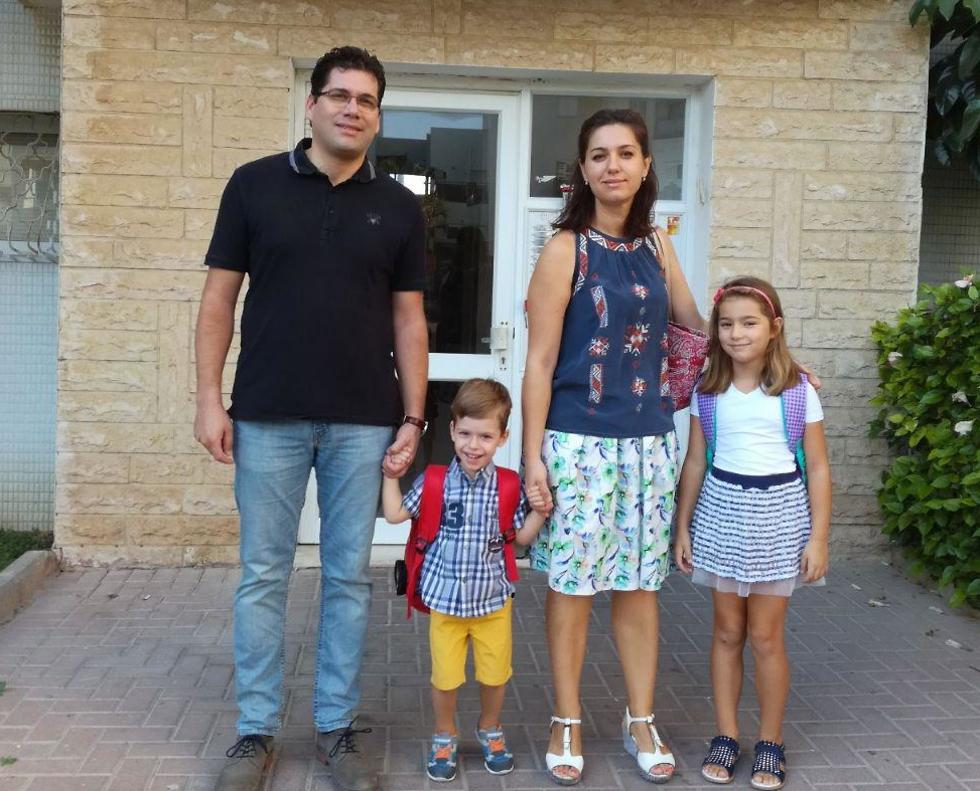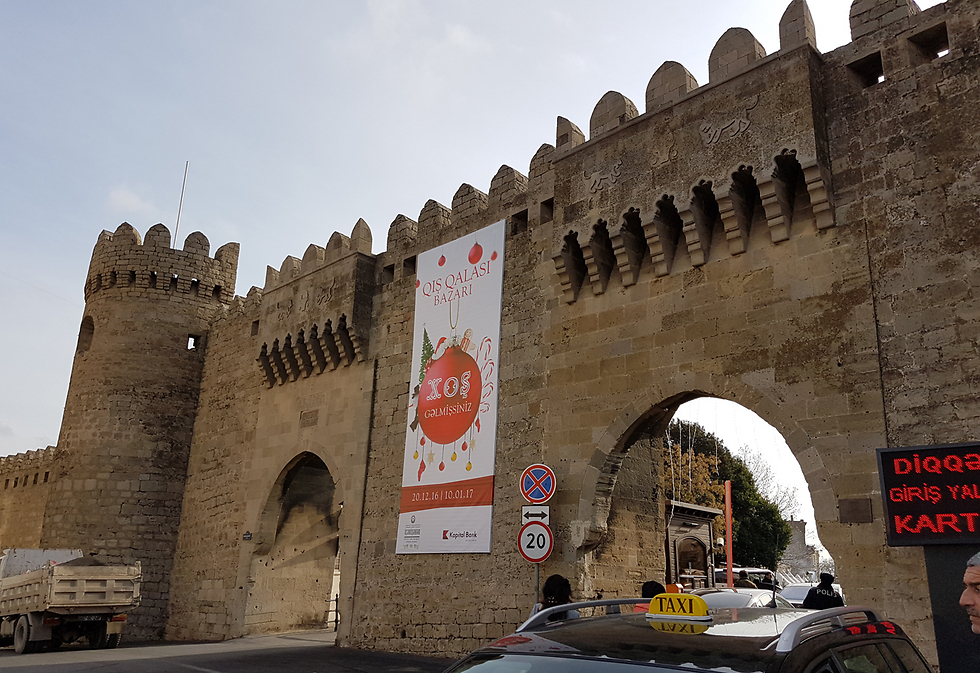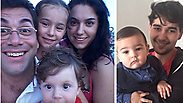

Ingathering of the exiles: The Jews who found the Promised Land
Valentina saw her neighbors being shelled in Donetsk, Natasha couldn’t find any food or medications in Venezuela’s stores and pharmacies, Emmanuel’s world changed when he saw French policemen ignoring manifestations of anti-Semitism, and Rakhel from Namibia searched for a Jewish community with more than just 100 members; in honor of Israel’s 70th Independence Day, here are the stories of some of the new immigrants who have arrived in Israel in the past decade.
From the ‘Donetsk hell’ to Israel
For 42-year-old Valentina Matviyenko and her two sons, Oleg and Matti, the recent Passover holiday they spent in the southern Israeli city of Ashkelon marked the end of a real journey to freedom.
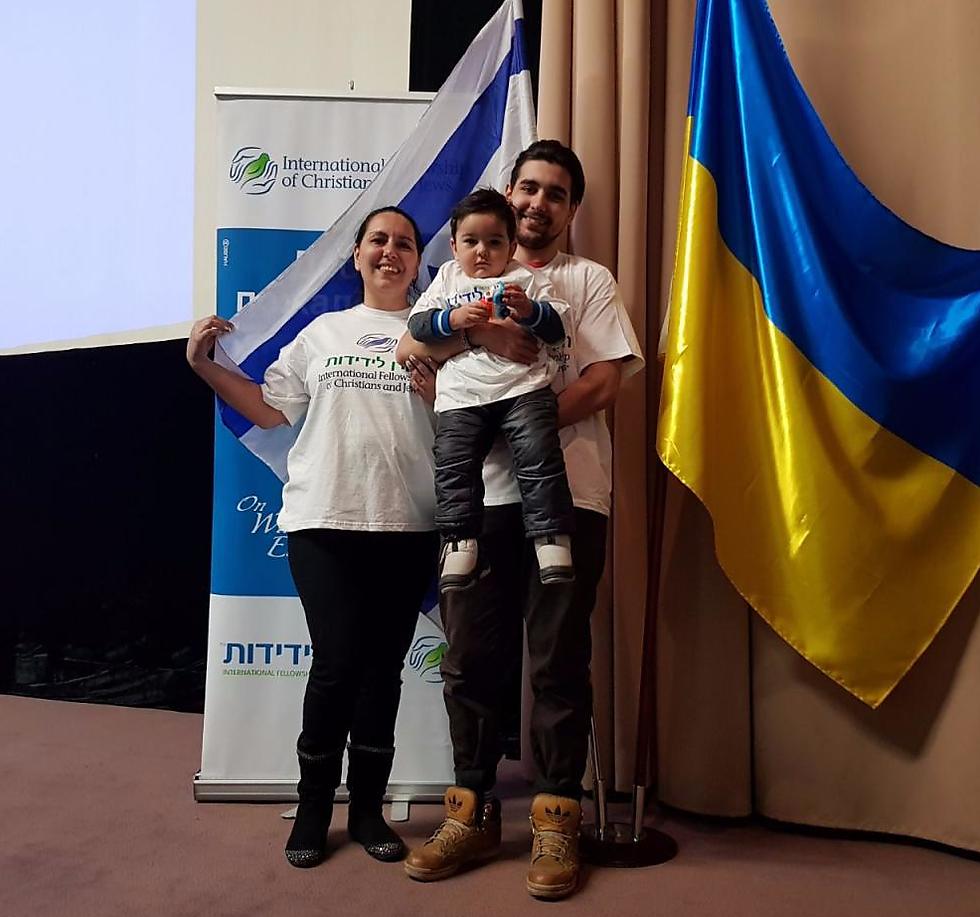
Two months ago—on February 7, 2018—the small family made aliyah with the help of the International Fellowship of Christians and Jews (IFCJ), after four years of war near the line of fire in Donetsk, the biggest city in Ukraine’s Donbass region.
“We decided to immigrate to Israel because we’re Jewish and are entitled to do so,” Matviyenko tells Ynet. “The events of the past four years definitely helped us reach this decision. We lived in Donetsk’s Petrovsky District, which is located just several kilometers from the front, and what we experienced was a nightmare. It was hell.”
Click here to read the full story
‘People used to steal money, today they steal food’
From a relatively stable country with nearly 20,000 Jews, Venezuela has turned into a place where life is simply unbearable. With only 2,000 Jewish families left and empty shelves in the stores, the future looks much brighter in Israel.
“There has been an unbearable deterioration in Venezuela,” says 27-year-old Natasha Benshimol. “There is no personal safety on the streets, people steal food, and those who have a little money have nothing to do with it because the shelves are empty and there are no basic civilian services. There were times when I needed medications, I had the money to pay for them, but the pharmacies were empty. It’s a very difficult day-to-day life.”
Click here to read the full story
The last Jew who made aliyah from Iraq
Emad Levy, 52, used to do everything in Iraq's shrinking Jewish community: He was the rabbi, the slaughterer, the communal leader and the man who helped each member with every single Jewish-related issue.
“I think a lot changed in the 1970s. It was a terrifying period. There were Jews who simply disappeared and we didn’t know what had happened to them, and many others chose to leave and come to Israel,” he says.
“In 2010, after receiving death threats, I knew it was time to leave. With one suitcase, leaving everything behind, I flew to Jordan and from there to Israel.”
Click here to read the full story
‘I saw cops ignoring protestors giving the Nazi salute’
Emmanuel Vanunu, 25, grew up in a Zionist family in France and aspired to immigrate to Israel. It all changed in high school: “I met a history teacher who really influenced me,” he recalls. “The teacher, a ‘real Frenchman,’ as they say, argued that France had given us free education, personal security and a lot of social benefits, and that we owed the country.
“This argument made sense to me, and I thought I should stay in France for a few years, to sort of ‘pay off my debt,’ but it all changed once anti-Semitic protests began in France. I saw protestors giving the Nazi salute and being ignored by police officers standing right in front of them. I feel France no longer cares about me.”
Click here to read the full story
‘This is the only place where I can fulfill my Jewish dream’
Namibia’s tiny Jewish community has less than 100 members. One of them was Rakhel Van Ellewee, 38, who was born as a Christian in South Africa and later decided to convert to Judaism and immigrate to Israel.
“We had no rabbi and the community was led by a religious man who was in charge of the prayers and the religious activity. There is only one synagogue in the country, and most of the activities were held there. Unfortunately, it has been sold and is no longer active. It’s one of the only countries in the world with no Chabad office, so the activity is run by local Jews.”
Click here to read the full story
From a communist country to the Jewish state
Marcel Konomi got to see what a real communist country looks like. Growing up in the Albanian capital of Tirana in the 1980s, he experienced firsthand the nature of a closed country where citizens have very little political and religious rights.
“Things changed in 1990,” he says. “There were significant reforms and we felt things opening up. That was also when I discovered that my maternal side of the family was Jewish. Many relatives, who I first learned were Jewish, took advantage of the freedom to immigrate to Israel.”
Click here to read the full story
‘I wanted my children to live in dignity among Jews’
Roman Mishiev, 45, arrived in Israel about half a year ago with his wife and eight children, largely with the help of the International Fellowship of Christians and Jews (IFCJ).
He was born and raised in Baku, where the majority of the country’s Jewish community lives. The community, he says, was strong and active, and apart from synagogues there are also schools and extensive Jewish activity.
He decided to immigrate to Israel “first and foremost, because of the financial distress and the need to improve our quality of life,” he says.
Click here to read the full story














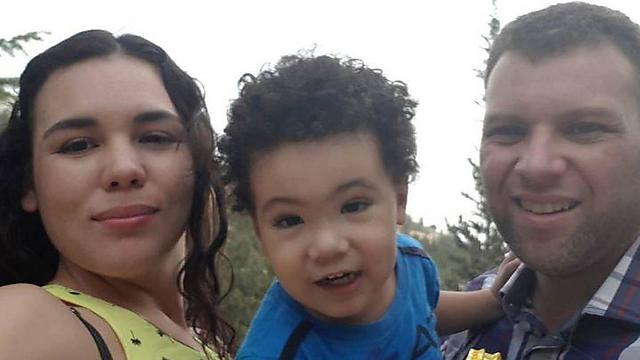
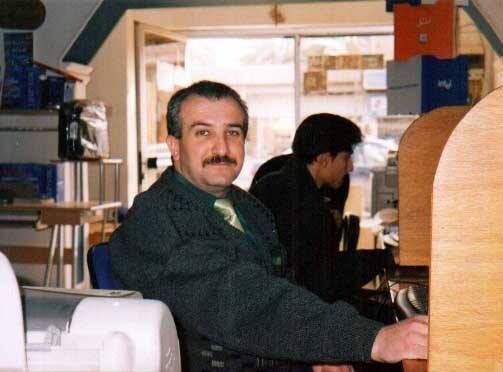
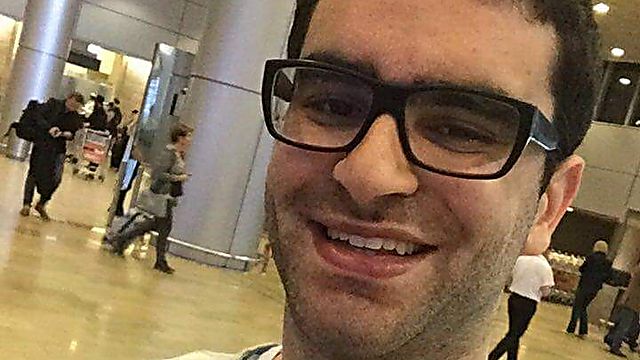
.png)
